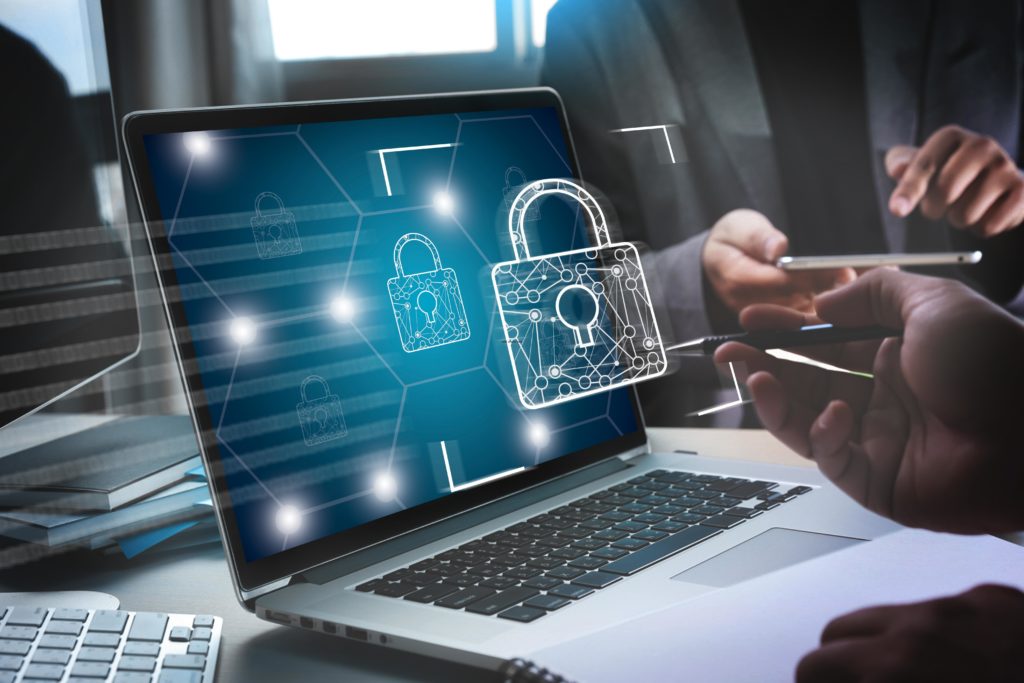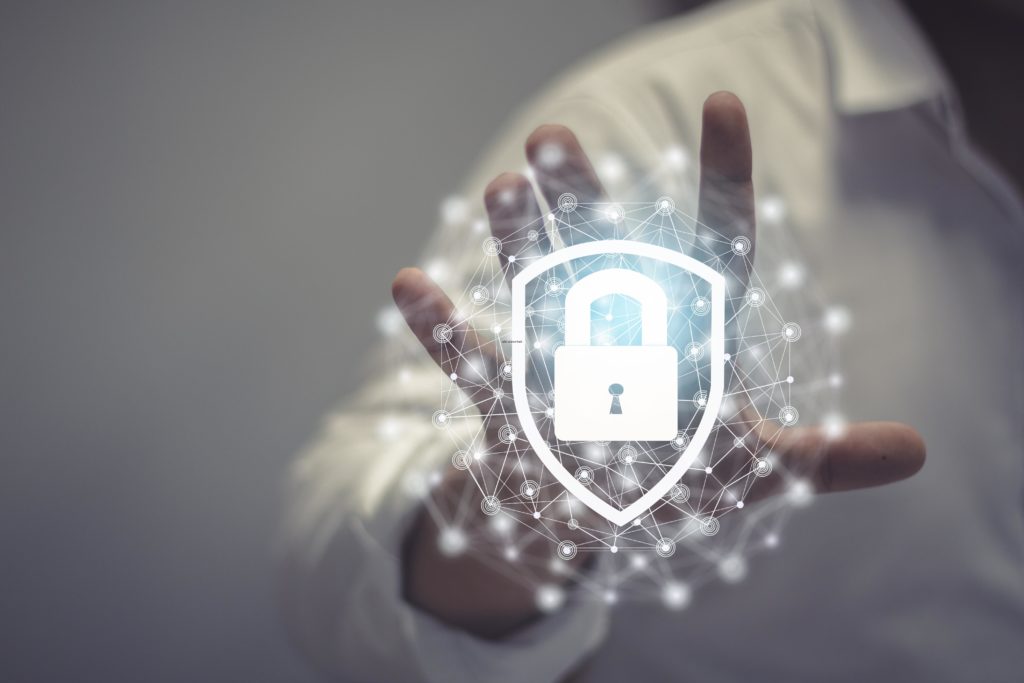It’s no secret that the gaming industry is booming. In fact, in 2022 the gaming industry is predicted to be worth a staggering $128 billion. With this growth comes new security risks that gamers and game developers need to be aware of. In this article, we will explore some gaming security risks in the gaming industry and how to avoid them.
Gaming Security Risks

Gaming security threats are not to be taken lightly. In recent years, there have been a number of high-profile incidents where hackers have gained access to gaming servers and stolen personal information from players.
There are a number of reasons why hackers target gaming servers. One reason is that these servers often have weak security systems in place.
Additionally, gaming servers often contain a wealth of personal information, such as credit card numbers and home addresses, which can be sold on the black market. Following are the common gaming security risks:
Phishing attacks
One of the most common ways that hackers gain access to gaming accounts is through phishing attacks. In a phishing attack, the hacker will send an email or instant message that appears to be from a legitimate source, such as a game developer or publisher.
The message will typically contain a link that leads to a fake website where the user is prompted to enter their login credentials. Once the hacker has these credentials, they can gain access to the account and steal any personal information that is stored there.
Keyloggers
Another way that hackers can gain access to gaming accounts is by using keyloggers. A keylogger is a software that records everything that is typed into a computer, including passwords and login credentials.
Hackers can then use this information to gain access to accounts and steal personal information. Key logger software is often downloaded onto computers without the user’s knowledge, so it is important to be careful about what you download and install on your computer.
Malware downloads
Malware is a type of software that is designed to damage or disable computers. In some cases, malware can be used to steal personal information from gaming accounts.
For example, there have been incidents where malware has been used to record keystrokes and take screenshots of users as they enter their login credentials. This information is then transmitted back to the hacker who can use it to gain access to the account.
DDoS attacks
A DDoS attack is a type of attack that is designed to take a website or server offline by flooding it with traffic. In some cases, DDoS attacks have been used to target gaming servers in order to take them offline.
This can be especially disruptive for online games that require a constant connection to a server in order to function. DDoS attacks can also be used to extort money from game developers or publishers.
Cyberbullying
Cyberbullying is a growing problem in the gaming community. It occurs when players use online platforms to harass or threaten other players.
This can include sending abusive or threatening messages, posting derogatory comments about another player, or publishing private information without consent. Cyberbullying can have a serious impact on the mental health of those who are targeted and can even lead to self-harm or suicide.
Data breaches
Data breaches occur when hackers gain access to a database of personal information and make this information public. In some cases, data breaches have occurred when gaming companies have been hacked and player information has been stolen.
This can include names, addresses, email addresses, passwords, and credit card numbers. Data breaches can have serious consequences for those affected, including identity theft and financial fraud.
Cross-site scripting
Cross-site scripting (XSS) is a type of attack that exploits vulnerabilities in web applications. In an XSS attack, the attacker injects malicious code into a website that is then executed by unsuspecting users who visit the site.
This can allow the attacker to steal cookies or session information and gain access to the account.
Weak passwords
One of the most common ways that hackers gain access to gaming accounts is by using weak passwords. Many people choose passwords that are easy to remember, such as their birthdate or the name of their favorite pet.
However, these passwords are also easy for hackers to guess. Hackers can use brute force methods to try thousands or even millions of different passwords until they find the right one.
How to avoid these gaming security risks

There are a few things you can do to protect your gaming account from being hacked.
- Choose a strong password that is difficult to guess. Avoid using easily guessed words like your name or birthdate. Instead, use a combination of letters, numbers, and symbols.
- You should also enable two-factor authentication (2FA) if it is available. This adds an extra layer of protection to your account as it requires a code from your phone in addition to your password in order to log in.
- Finally, be careful about what you download and install on your computer. Only download software from trusted sources and avoid clicking on links or opening attachments that you are not expecting.
By following these simple tips, you can help to keep your gaming account safe from hackers.
More: What Is E2E & P2P Encryption – Are They Really Important?
Frequently Asked Questions (FAQs)
Let’s dive into some questions that are commonly asked about gaming security risks.
What is the most common way that gamers get hacked?
The most common way that gamers get hacked is by using weak passwords. Many people choose passwords that are easy to remember, such as their birthdate or the name of their favorite pet.
What is the most common security risk for gaming accounts?
The most common security risk is weak passwords. Many people choose passwords that are easy to remember, such as their birthdate or the name of their favorite pet. However, these passwords are also easy for hackers to guess.
What can I do to protect my gaming account from being hacked?
There are a few things you can do to protect your gaming account from being hacked. Choose a strong password that is difficult to guess.
How can I report a security concern?
If you have a security concern, you can report it to the gaming company or to the police. You can also contact a security expert to help you assess the risk and take steps to protect your account.
How can I tell if my account has been hacked?
There are a few signs that you can look for that may indicate your account has been hacked. These include unexpected changes to your password or username, new games appearing on your account, and unusual activity on your account.
Final Thoughts
Gaming security risks are becoming more and more common as the popularity of online gaming increases. There are a few things you can do to protect your gaming account from being hacked, such as choosing a strong password and enabling two-factor authentication.
You should also be careful about what you download and install on your computer. By following these simple tips, you can help to keep your gaming account safe from hackers.











